|
By Dr. Marcus D. Smith, PhD, LCPC + Karli Bigler, M.A., LPC + Ziling Ni (倪子凌 in Chinese) Counselor In Training from Northwestern University
Recommendations:
Community & Federal Clinicians may want to partner with nonprofit organizations and explore community grants to enable free access to community care for Queer folk. Communities could also create local LGBTQ+ support groups and other supporting organizations that provide information, resources, and emotional connections and support to Queer individuals and their families. Academia Support research efforts that demonstrate the efficacy and safety of gender-affirming care. This data can be used to inform federal policies and challenge discriminatory practices. Clinician Clinicians should stay updated on the latest news and regulations of gender affirming care bans and consciously checking in with their clients about their current concerns or mental responses on related issues. Clinicians should actively collaborate with other professionals or providers who are supporting gender affirming care, which involves referring clients to supportive medical providers, legal experts, or community organizations, and have a resource list available for clients. Along the lines of additional professional development, clinicians should consider membership with organizations such as SAIGE (Society for Sexual, Affectional, Intersex, and Gender Expansive Identities) and WPATH (World Professional Association of Transgender Health) to increase knowledge and skills concerning standards of care. Clinicians may want to consider using integrative models to support clients externalize experiences of oppression as they are not innate. Also, these models would encourage clinicians to process with queer clients how they can cope with discrimination outside of an individualistic lens. For example, The Multiple Minority Stress Model (Rich et al., 2020) explores how prejudice and inequity of a queer persons’ identity impact how they cope with psychological, biological and social challenges. Clinicians should create and provide an open and safe counseling environment for clients to discuss topics or concerns related to gender-affirming care. Besides ensuring the confidential nature of the conversations and the limits of confidentiality, simple cues of always asking and using a client’s pronouns and self-identified names would contribute to a sense of validation and safety for transgender and gender non-conforming clients. Also, clinicians could display visible signs of inclusivity in the workspace, including transgender pride flags or artworks or books related to authenticity. Trans & Binary Persons Prioritize personal mental health by actively seeking support from therapists, clinicians, or community organizations specializing in gender identity issues. Stay informed about relevant mental and legal resources in local areas or those in more supportive states if possible. And educate oneself and practice self-care routines that promote emotional well-being. Find and join inside and outside supportive networks and groups, including friends, families, forums, online communities for Queer populations, and local LGBTQ+ groups, to strengthen ties, share personal experiences, and exchange resources. Engage in advocacy activities of awareness campaigns and educational events and share personal stories and experiences if comfortable to promote humanizing the issue and bringing it into public awareness. Reach out to community leaders, local representatives, or lawmakers to express concerns about the bans and the importance of gender-affirming care. Resources:
References:
0 Comments
From 1991-2017, black adolescent suicide attempts rose 74%. In 2014, 80% of suicide deaths came from men in the Black community. One in ten black men experience incarceration before the age of 32. Students of color with mental health challenges or disability are more likely to experience adultification bias and receive punishment versus mental health support. Systemically, for many Black men this may imply that they do not have permission to express relational and emotional needs. Because of these realities, its imperative counselors challenge current attitudes and methodologies in reaching Black men in the counseling field.
Signs of Suicide:
Cultural & Historical Impact
Some Black men may discontinue services for the fear of being unable to relate based on seen/unseen identities of the clinician. We know representation matters, and not being able to see yourself in the counseling profession may create challenges for Black men to feel safe and begin their wellness journey. This issue challenges the gate keeping that occurs in academia and the need to recruit more heterosexual BIPOC men in counseling training programs. Currently, majority of literature on black men’s mental health come from Black women. While this research brings huge value to the community, receiving support from other black men may provide a corrective experience that they also can be held in community by other Black men as well. A testament to this power is displayed in dialogue of Black Men’s mental health among individuals like Chicago’s very own, Chris LeMark founder of Coffee Hip Hop & Mental Health, Chicago Rapper Vic Mensa, and State Rep., Lamont Robinson of IL. Another missing component from Counseling research is the benefit in revamping Community Psychology Competencies. Its current limitations appear to miss the importance of building trustworthiness and access for marginalized communities. Part of the reason for climbing numbers in Black men suicide is because there isn’t adequate programming in neighborhoods Black men live in. Trying to persuade individuals to commute far from their neighborhoods and receive help can be problematic. Organizations like Sista Afya providing mental health to Black women in Chicago understand this mission. Lastly, there is some emphasis in the competencies on building working relationships with policy makers to support access. Perhaps community programing that is supported by state and grant funding can address the sustainability issue Black men face. This way, maintaining mental wellness is possible regardless of their financial standing. Given these considerations, Black men may have improved opportunities to preemptively address their mental health needs. Resources:
References: Douglas, P. (n.d.). Black Boys, Black Men, and Suicide. Health.maryland.gov. https://health.maryland.gov/bha/suicideprevention/Documents/Session%201A%20-%20BLACK%20BOYS,%20BLACK%20MEN,%20AND%20SUICIDE.pdf Kendi, I. X. (2016). Stamped from the beginning: The definitive history of racist ideas in America. Nation Books. Leblanc, D. (2022). Black indigenous and People of Color (BIPOC) Mental Health Fact Sheet. Rtor.org. https://www.rtor.org/bipoc-mental-health-equity-fact-sheet/?gclid=CjwKCAjwiOCgBhAgEiwAjv5whAj_4l4ZIlJ_VzcTBZ7VYwuCzH2sC71JgsDJiLB-9CVe4STKep0ZTBoCIBkQAvD_BwE Society for Community Research and Action (2023). Competencies for Community Psychology Practice. Communitypsychology.com. https://www.communitypsychology.com/competencies-for-community-psychology-practice/ - By Dr. Marcus D. Smith, PhD, LCPC 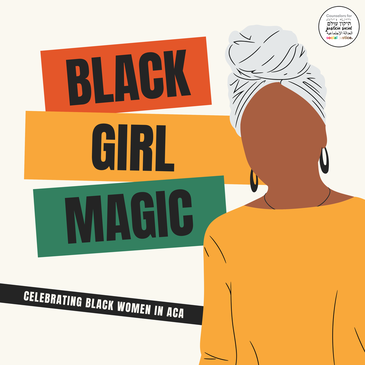 As we end Black History month and head into Women’s History Month, I would like to send a special shout out to all the girls that run the world. We have certainly come a long way which is evident in the current leadership of our parent organization, the American Counseling Association, and our divisions. This year, 17 out of the 19 divisions of ACA have women at the helm. Furthermore, I am proud to say that almost half of our divisions are currently led by Black women. So, on this last day of Black History Month join me in saying the names of the Black women who have led us and continue to lead our professions forward for the 2022-2023 year. Dr. Kimberly Frazier, President – American Counseling Association (ACA) Dr. Natoya Haskins, President – Association for Counselor Education and Supervision (ACES) Dr. Angela Coker, President – Association for Multicultural Counseling and Development (AMCD) Dr. Ebony White, President – Counselors for Social Justice (CSJ) Dr. Valerie Russell, President – American Rehabilitation Counseling Association (ARCA) Dr. Dannette Berksteiner, President – Military and Government Counseling Association (MGCA) Dr. Lakeisha Matthews, President – National Career Development Association (NCDA) Dr. Tamekia Bell, President – Society for Sexual Affectional Intersex and Gender Expansive Identities (SAIGE) Dr. Martina Moore, President – International Association of Marriage and Family Counselors (IAMFC) It is with enormous personal sadness that I tell you that Mark Pope died last week. Mark had a long list of professional accomplishments, most notably as a founder and leading author in the area of cultural diversity issues in our field, especially GLBTQ career development. He was president of ACA, NCDA, and many other organizations. He received the National Career Development Association’s highest honor, The Eminent Career Award, and ACA”s Humanitarian award. Mark was the Thomas Jefferson Professor and Curators’ Distinguished Professor Emeritus at the University of Missouri-St. Louis.
Mark described himself in an interview for Rich Feller, for the NCDA Newsletter, as, ‘A poor gay Cherokee with Spina Bifida from southeastern Missouri.” The accomplishments of this man, who had in some views, many strikes against him, are awesome. But more important to me was his unrelenting friendship. He found time for a loving relationship with his husband, Mario Carlos. He had many friends, mentored countless students and other new professionals, wrote prolifically, and ‘walked the talk.’ He was a founding member of CSJ, always came to the annual luncheon, and was a staunch supporter of social justice in everything he did. He was my friend. I shall miss him. Jane Goodman - CSJ Retiree Representative
In the wake of the killing of Tyre Nichols, and the countless other lives brutally taken, we are reminded of the lack of value of Black lives. This is yet another tear in the wound we carry, that never has a chance to heal. The political agenda to remove African American studies from curriculum because it “lacks educational value” is yet another reminder of the lack of value placed on the contributions and histories of African Americans. It is evidence that supports our need to yell “Black Lives Matter.” This affirmation is not simply a slogan, but it is a reminder of our humanity and value to others and ourselves in juxtaposition to other lives.
In spite of the continued atrocities and attacks on the African American spirit, I still have joy. I am full of joy today because I know this agenda to keep us down continues to be recycled because we won’t stay down. With each barrier that is built, we break it down, over and over again. We not only thrive in every field in which society has tried to marginalize us, but we have created joy within our own circles. We are trendsetters, gamechangers, and wavemakers. Yes we have pain, and we turn that pain into purpose, progress, and power. As president of Counselors for Social Justice, and as a Black woman in America, it is my mission to support the mental health and wellness of the Black community, and that extends to all oppressed communities that have been misrepresented, misdiagnosed, and made invisible in our mental healthcare system. All oppression is connected. Given our sociopolitical climate, mental health should be at the forefront of all of our minds. As providers, ask yourself, “how am I contributing to the pathologizing of the communities I serve?” As counselor educators ask yourself, “how am I marginalizing the voices of my students of color?” And then make a commitment to educate yourself and take action, remembering that advocacy is core to the counselor identity. On this first day of Black History Month, I honor the tears that have been watered and the blood of the slaughtered, that makes it possible for me to stand at last. I hope you all join me in standing up for equity and justice in our profession and in our society. I hope you reject the comfort of silence and the posture of “just listening.” And to my fellow Black Americans, I leave you with a remix of a remix. Can’t nobody take our pride, can’t nobody hold us down. Oh no, we got to keep on moving! Happy Black History Month #Black365 Ebony White, PhD, LPC, NCC, ACS President, Counselors for Social Justice 2021 Recipient of the ACA Dr. Judy Lewis Counselor for Social Justice Award Commissioner, Anti-Racism Taskforce – American Counseling Association  Check out our newest #CSJSpotlight - Emma Giordano, MHC-LP! Emma is from Long Island, New York. She works as a DBT therapist in Manhattan and is Marketing & Communications Officer of CSJ. Emma developed a deep passion for social justice issues through her love of books, inspired by the #WeNeedDiverseBooks movement which highlighted the need for marginalized authors and their stories in young adult literature. As a counseling student, her graduate program left an impact with it’s strong focus on serving clients from minoritized populations and social justice advocacy. She says, “I joined CSJ to utilize my skills in social media to promote the essential work of this organization and continue spreading awareness for social injustices that continue to plague our profession and the world as a whole.” Emma’s work for the CSJ Marketing & Communications committee involves designing flyers to promote CSJ-sponsored events, updating our website and social media accounts, collaborating with our blog writers to create social posts on social justice issues, and handling communication between CSJ members and committees. Her goals for CSJ include expanding our Marketing & Communications committee (which we are currently accepting new members for! Check out our recent post on how to join) and continuing to create engaging content that highlights the importance of justice, advocacy, and awareness. When Emma is not working for CSJ, you can find her, exploring New York City with friends, taking dance clases, devouring the next book from her favorite authors, and making YouTube videos sharing her thoughts on her recent reads. Give it up for Emma and the amazing work she is doing for CSJ’s online presence! 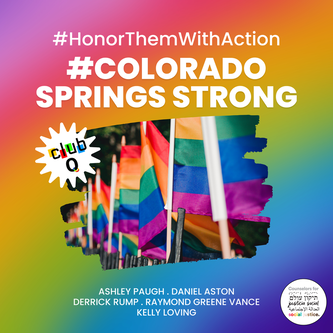 In the month of November during a time of gratitude with loved ones, a tragic occurrence disrupted the LGBTQ community in Central Colorado. Currently, it appears many news platforms search for blame and motive of the perpetrator. There are even opportunities to see the good in our society by highlighting those that came to rescue. Other platforms unfortunately seek the opportunity to have discussions for political division. But small in number, are there conversations that explore how LGBTQIA+ communities & providers are held after horrific events such as this one. As a result, this piece will serve as a brief list of responses for those in the counseling field who support current survivors of violence in the LGBTQIA+ community. According to USA today, there have been 526 mass shootings since 2006 (USA Today, 2022). & yet, it is unclear how many of these shootings have been directed to queer communities and the possibility of those being underreported. Needless to say, we have an issue in US society. Until macro change is initiated in gun control and LGBTQIA+ protection, it is important clinicians, community organizers, researchers, and counselor educators remain creative & curious how to hold space for LGBTQIA+ communities. Here are some beginning steps to start this holding process below: Clinicians
In closing, below you will find additional resources those in the counseling field can use in support of LGBTQIA+ survivors of violence. Additional Resources
By Dr. Marcus D. Smith, PhD, LCPC References National Queer & Trans Therapist of Color Network. (2022, November 29). Radical Syllabus. NQTTCN. https://nqttcn.com/en/2021/05/03/radical-syllabus/ Smith. (2012). Decolonizing Methodologies : Research and Indigenous Peoples (2nd ed.). Zed Books. Tuck, E. and K.W. Yang. (2014b). ‘R-Words: Refusing Research’ in D. Paris and M. T. Winn (Eds.) Humanizing Research: Decolonizing Qualitative Inquiry with youth and Communities. Thousand Oakes, CA: Sage Publications. USA Today (2022, August 18). Mass killing database: Revealing trends, details and anguish of every US event since 2006. https://www.usatoday.com/in-depth/graphics/2022/08/18/mass-killings-database-us-events-since-2006/9705311002/ Wood, A., & Conley, A. (2014). Loss of religious or spiritual identities among the LGBT population. Counseling and Values, 59(1), 95-111. doi:10.1002/j.2161007X.2014.00044.x November 11 is a day that we take to remember and honor all veterans. These individuals have demonstrated their love for their country by their willingness to serve.
As we reflect on their sacrifices, let us take a moment to reflect on our overall wellbeing. The general well-being of us as a collective can influence our quality of life. Quality of life can be represented by various factors that are unique to everyone. However, everyone is tasked with identifying ways to improve their own quality of life, which might include addressing obstacles that can create roadblocks to obtaining an improved quality of life. Some of these obstacles can be related to mental health. For veterans, who are often more susceptible to negative mental health outcomes due to exposure to distressing events among other factors, face challenges that need to be addressed effectively by health providers. These health challenges can occur simultaneously and share the same risk factors. The term comorbidity is utilized to describe this phenomenon. Health challenges that are commonly faced by veteran populations can include the following: 1. Substance abuse 2. Posttraumatic stress disorder 3. Depression 4. Suicide 5. Traumatic brain injury The experiences of veterans consisting of significant transitional periods can create additional challenges towards improved quality of life. Veterans often experience a period of adjustment to society. This process of reintegration into the community presents can create challenges for veterans in reconnecting with loved ones, finding employment, and returning to school (Institute of Medicine, 2014). Mental health related symptoms can also make it harder for veterans to reintegrate into society. Families of service members also undergo a period of adjustment post-deployment. For example, household responsibilities or parental roles might need to be readjusted when service members return home. An effective tool that can help ease this transition period includes open communication and reciprocal support (Institute of Medicine, 2014). It’s important for veterans to seek help as necessary to help them navigate these challenges and in being equipped with tools to better manage mental health symptoms. Therapy can be the first step or tool that veterans can access and utilize to help them effectively address these challenges. The following include evidence-based sources of support for veterans:
Therapy delivery can be modified to fit the needs of the individual in need of services while considering their accessibility as well. Face-to-face therapy is a common therapeutic treatment option. However, that option may not be cost effective (e.g., traveling) and people may be more heightened to stigma of receiving therapy. Another alternative to in person treatment include virtual visits. Telehealth includes phone, texts, mobile applications, and video conference platforms. A study by Blonigen and colleagues (2021) evaluating the role of peers in facilitating the participation of veterans' use of a mobile app 'Stand Down' to help prevent alcohol use found that accountability and support enhanced patient access to care and progress towards less drinking. It is important to note that each modality has its pros and cons. However, the goal is to engage the individual in a treatment modality that will be most suitable for them. In addition, there is a need for health providers to be sufficiently trained to meet the unique needs of veterans and their families. Clinical practice guidelines from the Department of Defense can help clinicians with suicide risk assessments, determination of appropriate care settings, therapeutic interventions for co-occurring health challenges, and continuity of care such as follow-up visits (Institute of Medicine, 2014). Support for veteran families is another important consideration, as deployment can be a predictor of negative outcomes such as intimate partner violence and marital conflict, especially when service members show poor psychological symptoms (Institute of Medicine, 2014). Another factor that can impact overall well-being include grief/loss. Death of service members increases the likelihood that families experience negative psychological symptoms themselves. Additionally, children of service members can become susceptible to internalizing and externalizing problems as a result of frequent relocation and child maltreatment (Institute of Medicine, 2014). Therefore, families of service members can benefit from resources to help them better understand ways to help veterans and use these resources for themselves to navigate their own unique challenges and experiences. The following is a list of resources that can be useful to loved ones of veterans and possibly veterans as well: • Military Pathways: free psychological health assessments for family members and veteran personnel • Battle mind (Resilience training): focuses on teaching mental toughness with regard to deployment and transitioning to home life • Yellow Ribbon Reintegration Program: helps reserve component service members and their families with obtaining employment and health services • Wounded Warrior Programs: helps those injured receive appropriate care • Family-Centered Resiliency: helps military families cope with increased challenges related to deployment
By Rumbidzai Mushunje References: Blonigen, D. M., Harris-Olenak, B., Kuhn, E., Timko, C., Humphreys, K., Smith, J. S., & Dulin, P. (2021). Using peers to increase veterans’ engagement in a smartphone application for unhealthy alcohol use: A pilot study of acceptability and utility. Psychology of Addictive Behaviors, 35(7), 829–839. https://doi.org/10.1037/adb0000598 Institute of Medicine. (2014). Understanding psychological health in the military. In L. A. Denning, M. Meisnere, & K. E. Warner (Eds.), Preventing psychological disorders in service members and their families: An assessment of programs. The National Academies Press. https:// doi.org/10.17226/18597
we can to not only ameliorate these harms, but also prevent them. We can do that by taking a collaborative approach that infuses the principles of social justice, liberation, decolonization, intersectionality, trauma-informed care, and culture-centered healing. I am passionate about helping push our field in this direction -- particularly for folks with privilege, like myself, who may not have awareness or understanding of these issues. CSJ is a way to build a community of counselors who can support each other in doing this work; having a professional “home” like CSJ is incredibly important both to be effective and also to sustain ourselves as we try to effect change in our profession, our communities, and our world.
Regarding her role on the Governing council, Dr. Goodman states “The Governing Council has the fiduciary duty to protect the organization's [ACA’s] resources and ensure that it is well positioned to meet its strategic goals and address issues that face the counseling profession.” While the professional staff and CEO of ACA are responsible for the operations of the organization, members of GC help oversee these efforts, with a particular focus on developing a strategic plan and identifying areas of concerns to address for our members and our profession, as well as attending the use of resources. Dr. Goodman goals for CSJ are to be an active participant in helping support ACA, its goals, and its members. From a social justice perspective, for example, she is interested in ensuring that we examine the ways in which we might be benefiting some members or communities more than others, and take steps to remedy those disparities. She wants to understand what counselors and communities need to be supported – and how we can do so in equitable and justice-orientated ways that truly embody the values of our profession. When Dr. Goodman is not working for CSJ, she loves reading, being outside, and doing anything on the water, but these days, she is spending a lot of time running after her 4-year-old and our new rescue dog (a pandemic puppy)! We are so grateful to have Dr. Goodman as a past CSJ president and our representative on ACA’s Governing Council! can to not only ameliorate these harms, but also prevent them. We can do that by taking a collaborative approach that infuses the principles of social justice, liberation, decolonization, intersectionality, trauma-informed care, and culture-centered healing. I am passionate about helping push our field in this direction -- particularly for folks with privilege, like myself, who may not have awareness or understanding of these issues. CSJ is a way to build a community of counselors who can support each other in doing this work; having a professional “home” like CSJ is incredibly important both to be effective and also to sustain ourselves as we try to effect change in our profession, our communities, and our world. September 15-October 15 is Hispanic Heritage Month! We use this month to honor and celebrate the rich culture of Hispanic-Americans as well as recognizing the contributions of notable Hispanic Americans to American history. From politicians, civil rights leaders, artists, and more, check out these Hispanic-Americans who have showcased CSJ’s mission of social justice and advocacy in the last century!
|
Archives
April 2024
Categories |
Home
Follow us on social media: @CSJNational
|
|
© COPYRIGHT 2023. ALL RIGHTS RESERVED | COUNSELORS FOR SOCIAL JUSTICE IS A DIVISION OF THE AMERICAN COUNSELING ASSOCIATION
DOCUMENTS AND IMAGES ARE COPYRIGHTED, ONLY TO BE USED WITH PERMISSION.
DOCUMENTS AND IMAGES ARE COPYRIGHTED, ONLY TO BE USED WITH PERMISSION.
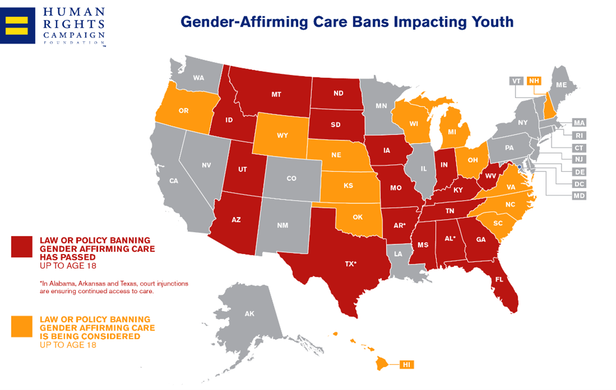
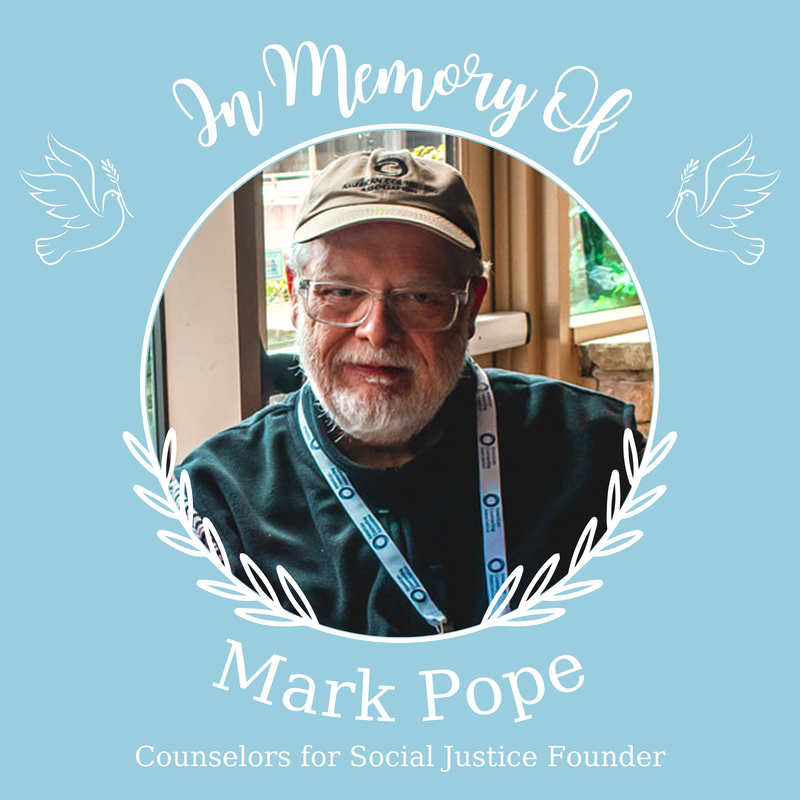
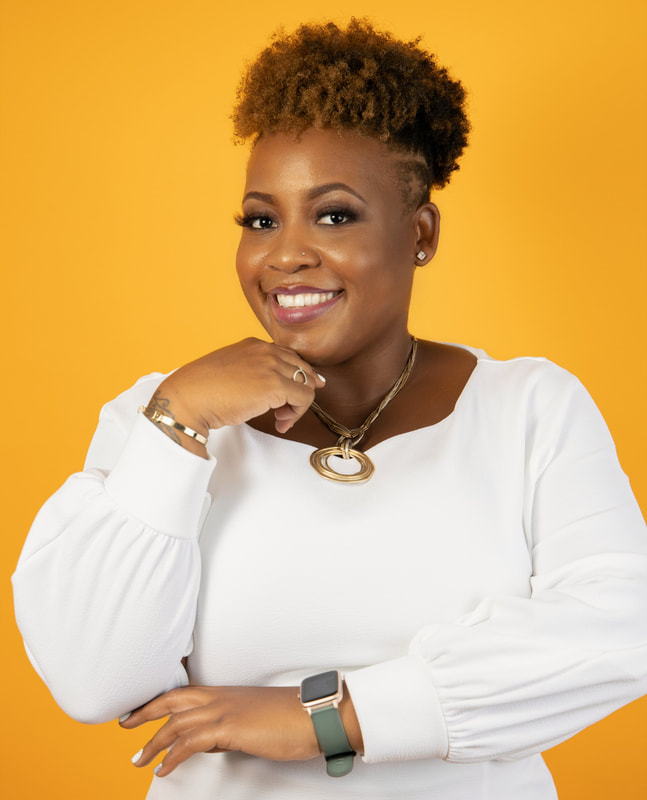



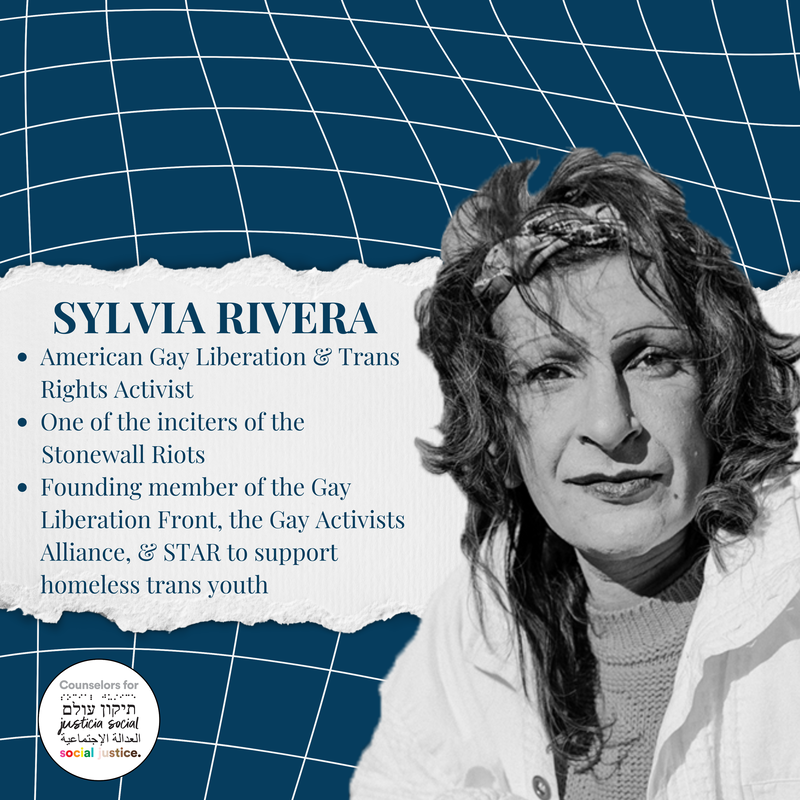
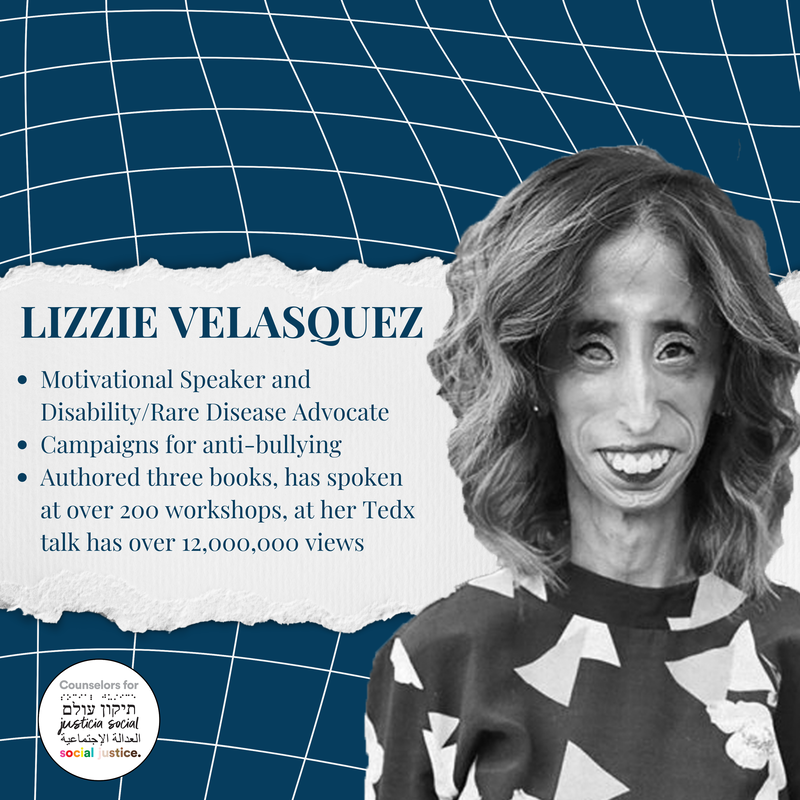



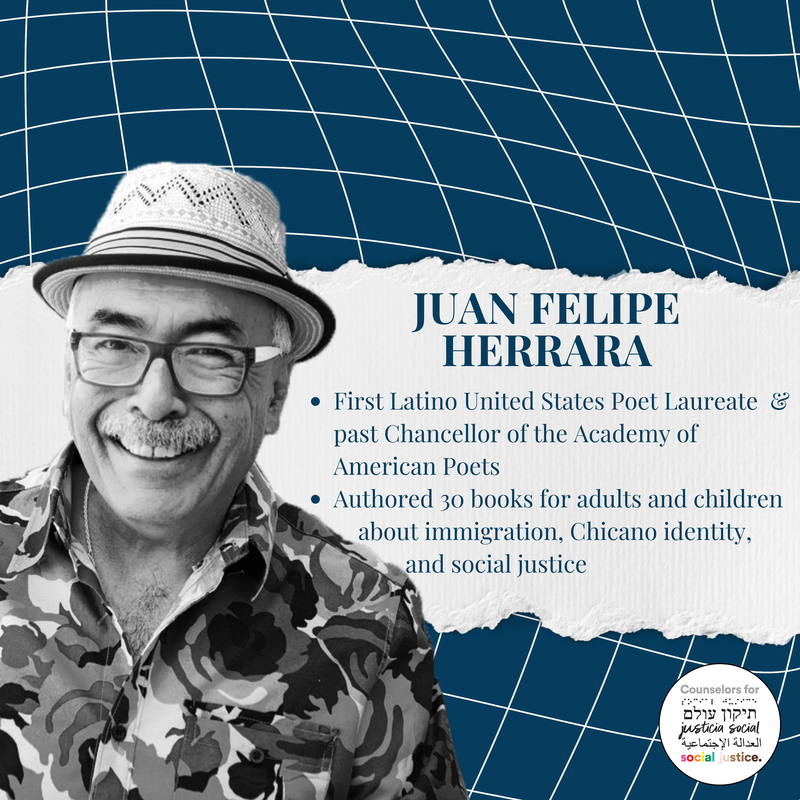

 RSS Feed
RSS Feed
